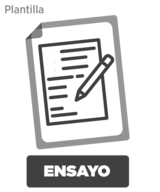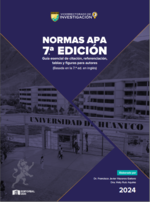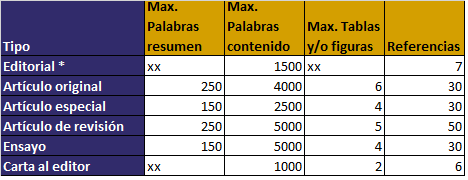Reflective learning style and academic burnout in students of the Master’s Degree of Teaching and Health Research
DOI:
https://doi.org/10.37711/desafios.2020.11.2.207Keywords:
mental stress, graduate student, learningAbstract
Objective. To determine the relationship between learning styles and burnout syndrome in students of the Master’s Degree of Teaching and Health Research at UNMSM, 2018. Methods. It was descriptive, correlational, prospective, cross-sectional. A simple random probability sampling was carried out, resulting in a sample of 95 students to whom a survey was applied through a questionnaire. Results. The learning style of the students from highest to lowest appearance. Reflective (55.8%), pragmatic (21.1%), active (15.8%) and theoretical (7.4%). The majority of the prevalence of academic burnout syndrome was “mild” (58.9%), followed by “moderate” (28%) and “no burnout” (12.6%). Conclusion. There is no relationship between the learning styles and the academic burnout syndrome of students. The predominant learning style being reflective and presenting mild academic burnout
Downloads
Published
How to Cite
Issue
Section
License
Copyright (c) 2021 Revista Desafíos

This work is licensed under a Creative Commons Attribution 4.0 International License.
a. Los autores conservan los derechos de propiedad intelectual (copyright) de las obras publicadas, cediendole a la revista el derecho de primera publicación.
b. Los autores retienen sus derechos de marca y patente, y también sobre cualquier proceso o procedimiento descrito en el artículo.
c. Los autores retienen el derecho de compartir, copiar, distribuir, ejecutar y comunicar públicamente el artículo publicado en la RD (por ejemplo, colocarlo en un repositorio institucional o publicarlo en un libro), con un reconocimiento de su publicación inicial en la RD.
d. Los autores retienen el derecho a hacer una posterior publicación de su trabajo, de utilizar el artículo o cualquier parte de aquel (por ejemplo: una compilación de sus trabajos, notas para conferencias, tesis, o para un libro), siempre que indiquen la fuente de publicación (autores del trabajo, revista, volumen, número y fecha).
























